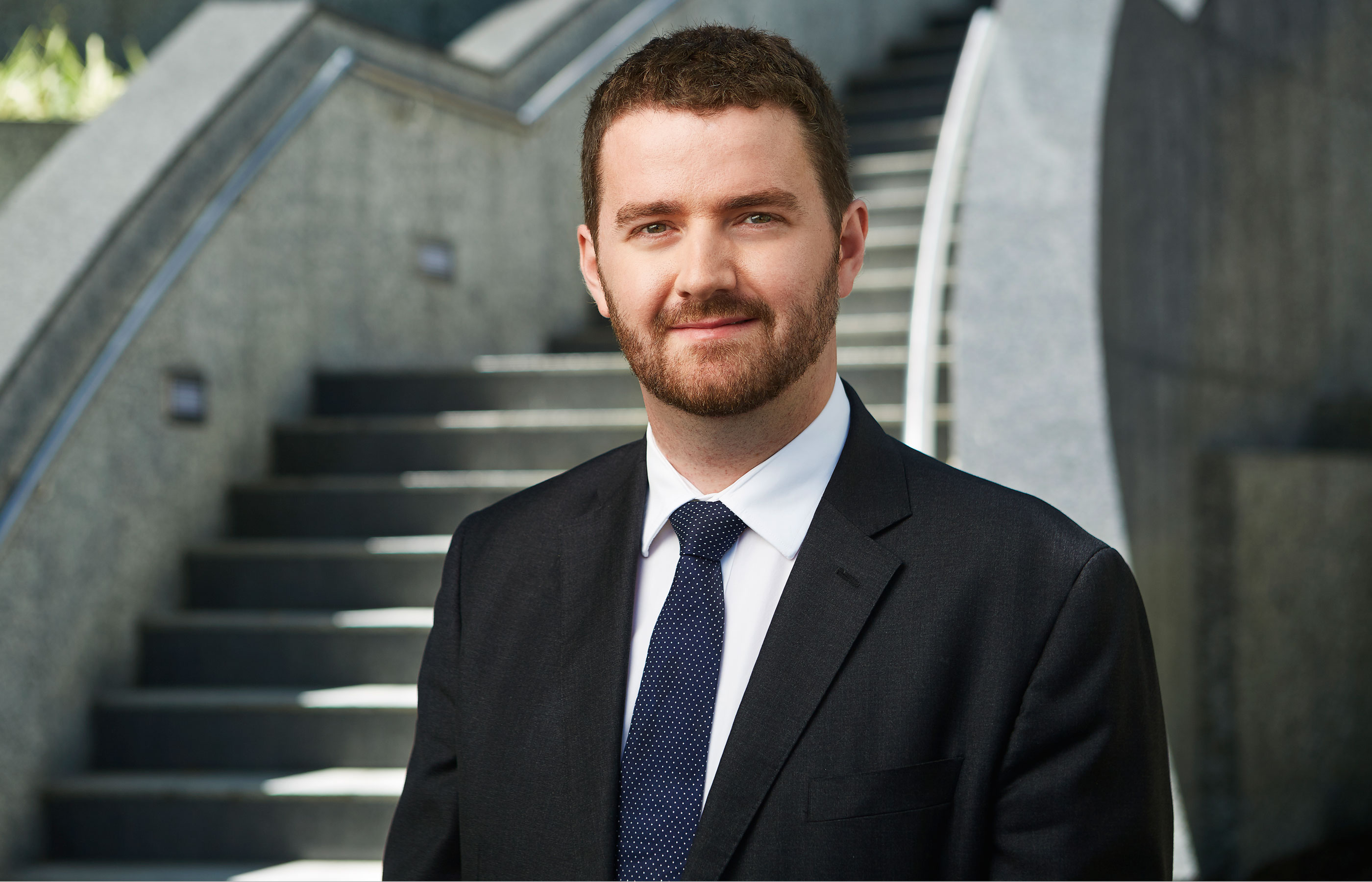The State Administrative Tribunal (SAT) is generally a “no costs” jurisdiction with respect to planning appeals, however, a recent decision of the SAT confirms that this privilege is subject to the reasonable conduct of the parties, including the decision maker.
The usual position in review proceedings under s.87(1) of the State Administrative Tribunal Act 2004 (SAT Act) is that each party bears its own costs.
Costs orders in the context of development approval appeals are extremely rare and are generally only made where a party has acted very unreasonably.
In the recently published case of Ransberg Pty Ltd and City of Bayswater1, Lavan’s Planning, Environment and Land Compensation team was successful in demonstrating that the City of Bayswater (City) had acted unreasonably in its consideration of the development the subject of review (in that case, a concrete batching plant), by failing to genuinely make a determination of the proposed development on its merits.
The background to the case is important.
In an earlier appeal, Ransberg and City of Bayswater (Ransberg 1)2, the SAT granted development approval for an unenclosed concrete batching plant in the Bayswater industrial area, subject to a number of conditions, which included conditions regarding the management of dust and noise. The plant the subject of that approval was opposed by the City.
In 2015, the applicant applied for development approval on the same site, for an improved and enclosed concrete batching plant, which was considered to be world’s best practice from a noise and dust mitigation perspective.
The City however refused that application on substantially the same grounds as it did in opposing the Ransberg 1 design. The applicant appealed the refusal decision in the SAT.
The SAT invited the City to reconsider its decision pursuant to s.31 of the SAT Act and informed the City about the potential for a costs order to be awarded against it if it did not genuinely consider the matter on its merits. The City upon reconsideration, contrary to its own officers’ recommendations, legal advice and technical advice, refused the application on substantially the same grounds as it had on previous occasions.
Following that reconsideration decision, a final hearing in the SAT ensued, at which both parties’ experts essentially agreed on most material matters, including in relation to dust and noise.
The Tribunal subsequently granted approval for the enclosed design in Ransberg and City of Bayswater (Ransberg 2)3, again subject to a number of conditions relating to dust and noise.
Following Ransberg 2, the applicant made an application to SAT for an award of costs against the City.
In publishing its findings of the conduct of the City in Ransberg 2, the SAT held at [40] that:
“It was apparent to the Tribunal from the way the Council consistently dealt with the matter, and the final reasons [for refusal on reconsideration], that the respondent took the view that it would always oppose a concrete batching plant at the subject site, regardless of any professional advice or previous decisions of the Tribunal.”
The SAT held at [41] that:
“Whilst the respondent may oppose a concrete batching plant at the subject site, the respondent is still obliged to consider the proposal on its merits, to apply the relevant provisions of the planning framework and to be cognisant of its legal obligations as a decision-maker, which includes consistency in decision-making in the interests of orderly and proper planning”.
In taking particular aim at the Mayor of the City, the SAT said at [42]:
“The Mayor appeared to have little substance underpinning his own reasons for refusing the proposed development beyond stating a number of times in different ways what the Tribunal finds to be implausible statements…”
“The Mayor's evidence and an examination of the reasons for decision of the respondent in the reconsideration appear to the Tribunal to be clearly incongruous when set against all of the professional advice that was before the respondent and appear to be contrived in an attempt to appear to genuinely decide the proposal on its merits.”
The SAT ultimately found that the City had acted unreasonably in refusing to approve the proposal at the time it was invited by the SAT to reconsider the matter under s.31 of the SAT Act and determined that, in the circumstances, the applicant should be awarded costs of $112,772.73.
Lavan Comment
It is usually the case that the conduct of decision makers is not an issue in SAT review proceedings. However, from time to time, issues do arise when dealing with decision-makers in respect of politically polarising developments.
This decision of the SAT is a timely reminder for decision-makers to ensure balance prevails in the assessment and consideration of planning matters.
If you are involved in a SAT proceeding and believe that you may have grounds for a costs order against the decision-maker, please contact the Lavan team.



[1] [2016] WASAT 43 (S).
[2] [2014] WASAT 12.
[3] [2016] WASAT 43.